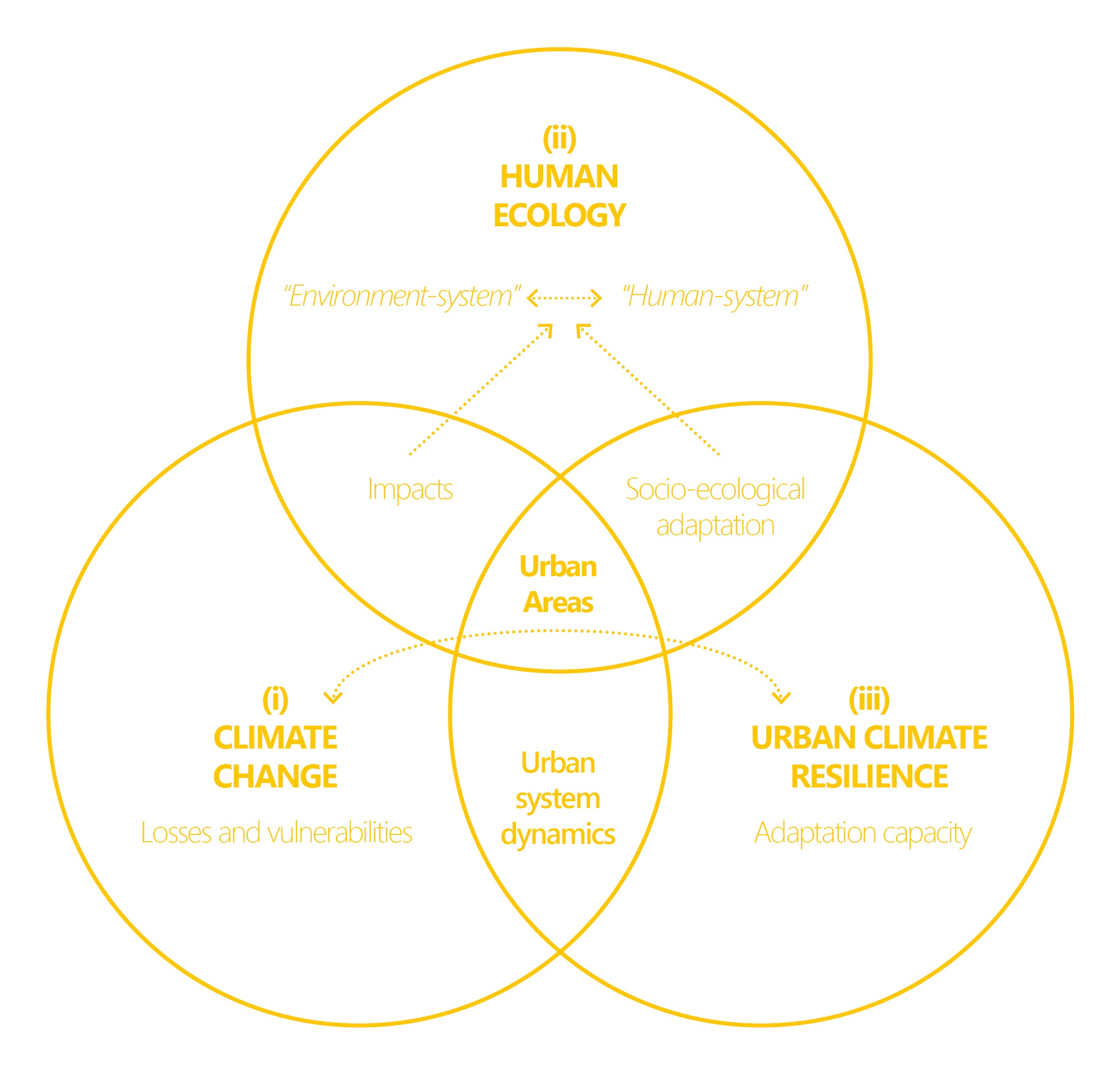WHY (challenges and uncertainties)
The increase in population that is expected globally and the consequent expansion into urban areas will have irreversible impacts on ecosystems, biodiversity, and habitats. These pressures will inevitably lead to various threats that could compromise the well-being, health, and resilience of communities, including Climate change, energy dependency, insecure food availability, social inequalities, economic instability, and scarcity of natural resources.
As a response to the complexity associated with emerging challenges (local and global), the studio seeks, in each project and territory, an understanding of the endogenous values of the site from a perspective of regenerating the built and natural environments, always in harmony with the needs of clients and future users. To this end, it finds the scientific knowledge to build transformative solutions in the relationship and transdisciplinary integration.
The aim is, therefore, to respond to the uncertainties that the cities of the future will face, through approaches centered on people, the quality of built environments, and the resilience of urban dimensions, at the scale of the building, the neighborhood, and the city.
KEY-WORDS (that guide us)
Urban resilience, soft mobility, regenerative design, ecosystem services, urban circularity, social-ecological regeneration, and sustainable construction.
PRINCIPLES (that support our actions)
i) Promote healthier places through Nature-based Solutions (NbS)
ii) Contribute to a regenerative building environment
iii) Design in closed loops for urban circularity
iv) Adapt public spaces to urban challenges
HOW (to achieve urban reliance)
i) Science-based approach
ii) Empirical evidence
iii) Participation and engagement
iv) Human and nature-centered design
STUDIES AND PROJECTS
The Márcio de Campos | Architecture studio positions itself based on building interventions (New Construction and Urban Rehabilitation), the creation of environments (Interior Design), and urban strategies (Placemaking and Urban Design).
Intending to design buildings and public spaces that promote a sense of place, co-existence, and sustainability in cities, it complements a range of services through the development of architectural studies and projects, interior design, urban regeneration, eco-design, and urban strategies.
CONSULTANCY
Focusing on the impacts of climate change on territories, natural landscapes, and people, consultancy services for public bodies (Town and Parish Councils), Associations, and Non-Governmental Organizations take into account the concepts of (i) Human Ecology and (ii) Urban Climate Resilience, seeking an understanding of their interdependencies that lead to an adaptive and regenerative transformation of socio-ecological systems in the local dimension.
The consultancy service is based on a scientific approach and sources of evidence and is divided into the following phases:
01 - PROBLEM DEFINITION (The starting point):
i) Identification of the problem;
ii) Definition of the challenges and opportunities;
02- EMPIRICAL ANALYSIS (Quantitative and qualitative evaluation):
i) Mapping of urban performance;
ii) Analysis of the appropriation of public space;
iii) Urban mobility audit;
03- URBAN STRATEGY (Definition of the intervention strategy):
i) Participation and involvement of stakeholders;
ii) Identification of objectives;
iii) Strategic urban planning.


